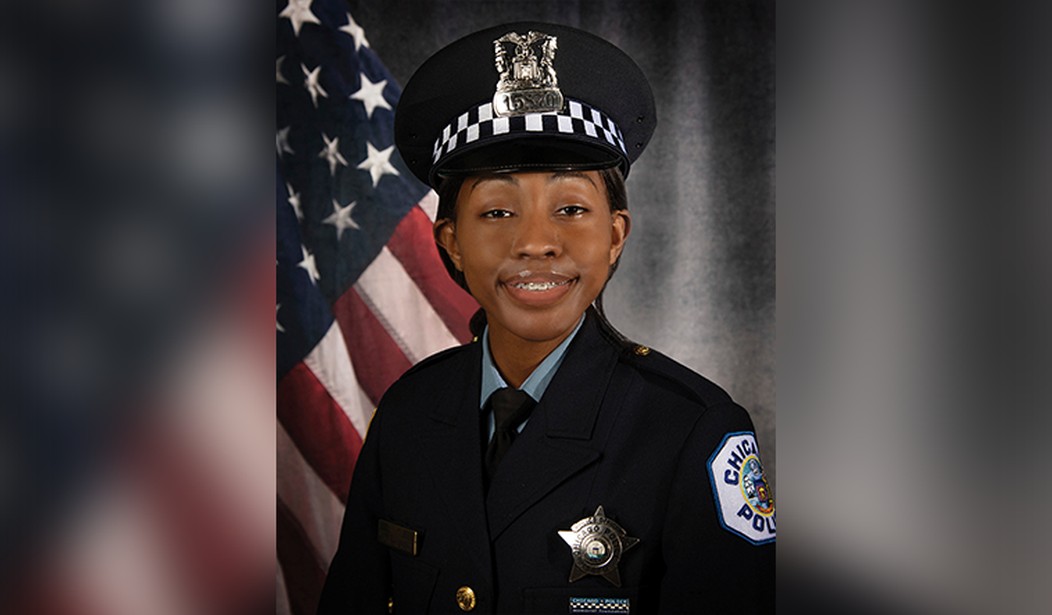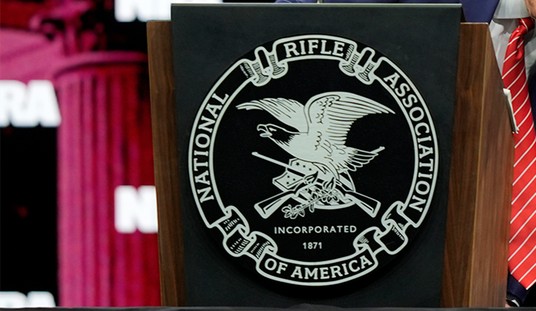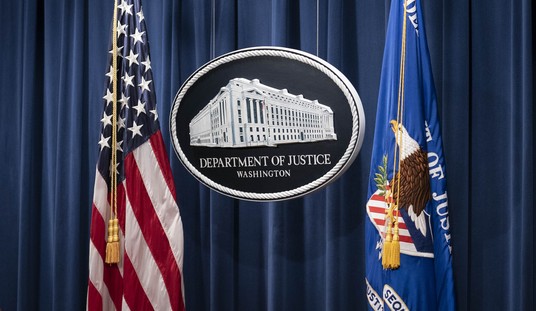Chicago police have arrested four teenagers in connection with the murder of off-duty officer Areanah Preston last Saturday, all of them with lengthy criminal histories that began as young as 14-years-old. But while officers were able to quickly make arrests in Preston’s death, there are a lot of questions about why it took police so long to respond after the city’s ShotSpotter system alerted authorities to possible gunfire. More than 30 minutes elapsed from the time that report came in before police found Preston, who at that point had already succumbed to her injuries.
Chicago Sun-Times columnist Fran Spielman has been asking questions, and so far the answers that she’s getting from Chicago police should leave every resident unsettled.
Anthony Riccio, the retired first deputy police superintendent, told the Sun-Times this week it appears there was a backlog of calls, so no car was immediately available for the ShotSpotter alert.“When they received the traffic accident from the Apple Watch, [the dispatcher] gave it to a traffic car,” Riccio said, noting that traffic cops typically operate alone, covering an entire police district, and are sent only to traffic incidents.One-officer cars “don’t get assigned shots fired, domestics, robberies, things like that,” Riccio said. “Had somebody gotten there sooner, it may have had a different outcome certainly.”
Whether or not a speedier response would have saved Preston’s life, the staffing shortage behind the delay spells trouble for police response times over Memorial Day weekend and through the summer, when crowded beaches, a scheduled NASCAR race, Lollapalooza, Taste of Chicago and other festivals and special events strain police resources.“That’s something we’re working with [Interim Police Supt.] Fred Waller and his chief of patrol on: How to address these priorities and getting to these situations as quickly as we can. … Identifying resources that can be moved around the department and pushed into areas that are potentially more concerning and just really adjusting resources within to try and up that number that we have in the field,” he said.With 1,700 fewer officers than when Mayor Lori Lightfoot took office, Guidice acknowledged demoralized police officers just might be in for another string of canceled days off.“We had a big influx of Chicago policemen that signed up for the job in the early 90’s and they’re coming to their tenure where they’re eligible to retire. That plays a big factor,” he said.









